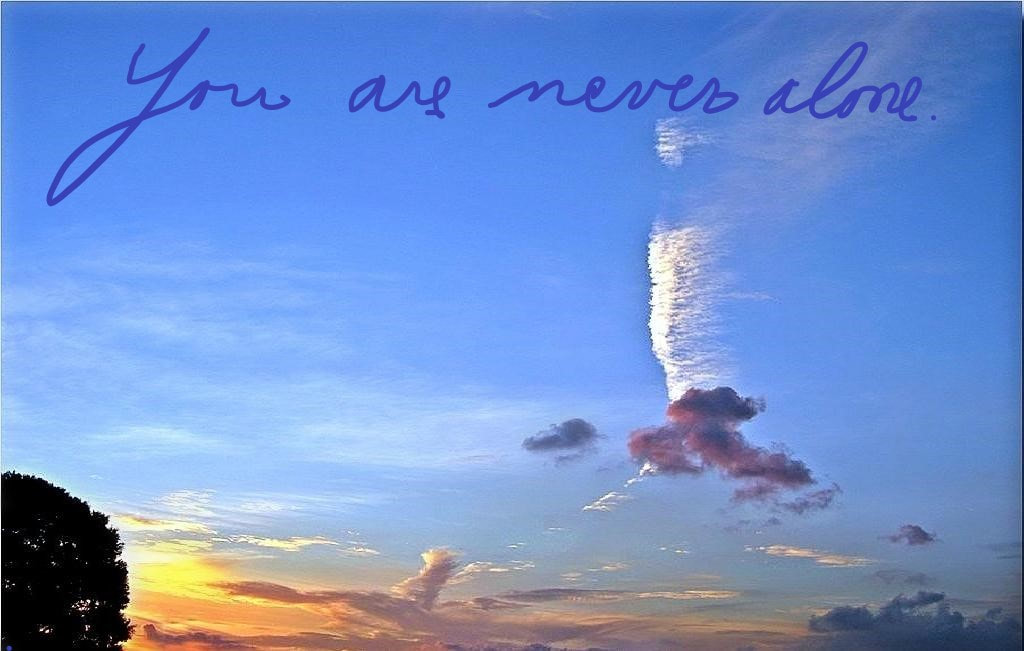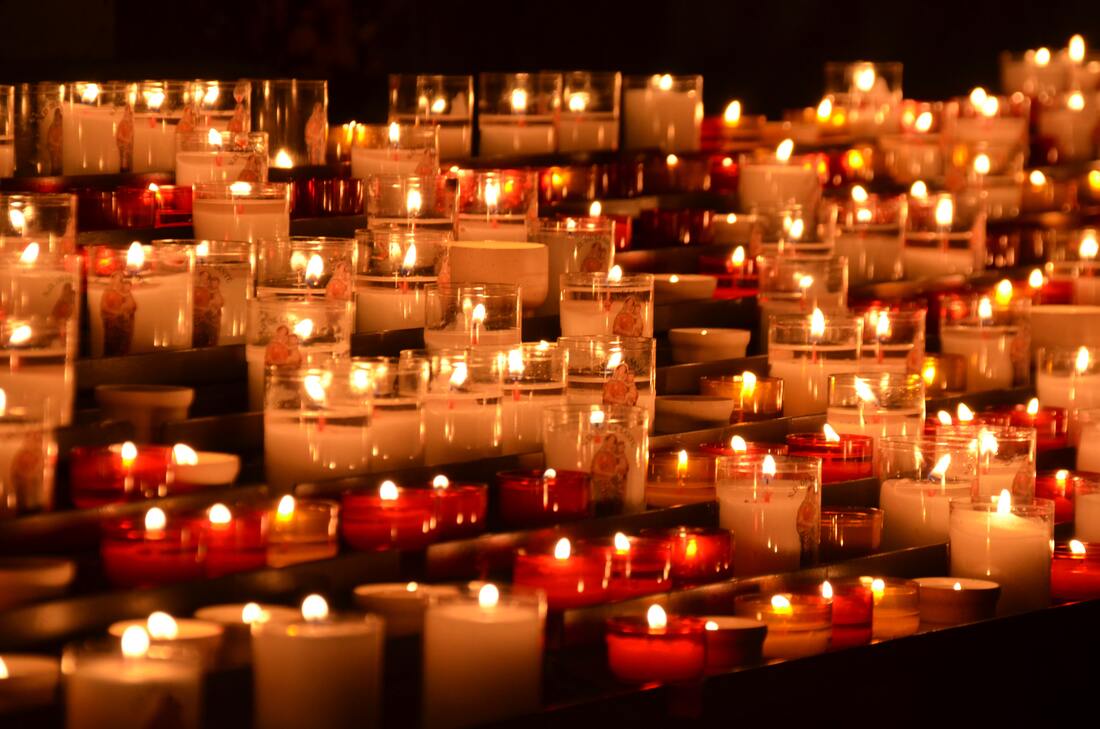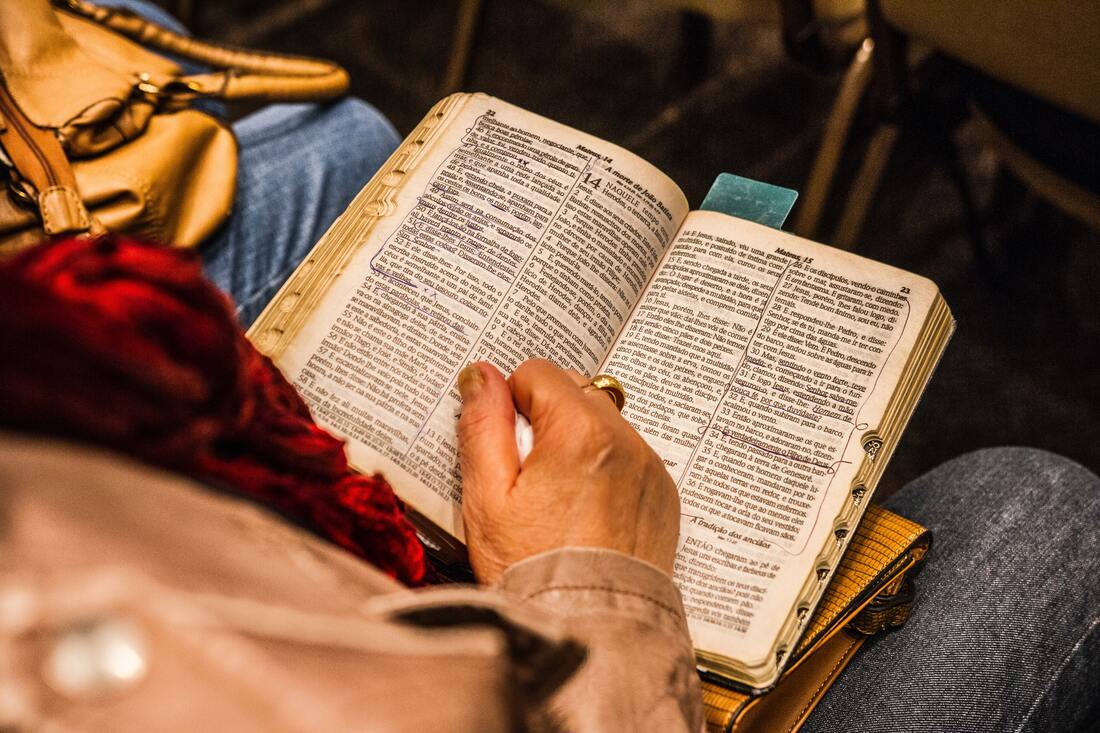|
At the beginning of May, the lectionary reading of the Psalms begins again at Psalm 1. Some of the short, early Psalms are quite arresting, and I find that so with Psalm 5. The Psalm is a morning prayer. The psalmist prays with groans and laments before ‘my King and my God’. And then waits. I feel the same in my morning prayers, laying out the pain of our world and waiting in my self-isolation for God to answer. So my interest is piqued and I read on in the psalm. No answer comes for the psalmist (how familiar), but I am emotionally caught unawares by the sudden shift in verse 7 (or verse 8 as it is in the Grail translation).
But I through the greatness of your love have access to your house. Somehow, as I repeat those words to myself, an answer no longer matters. I can still groan and lament and pray, as I must, but I do that in the greatness of God’s love for me, which brings me into God’s very home. May you, through the greatness of God’s love, be blessed this week. Brian Holliday
0 Comments
We seem to be entering a week with some optimism that we have turned a corner in controlling the coronavirus in Australia. Restrictions are starting to be loosened in selected areas. But I find myself still deeply aware that some people, both here and especially around the world, are continuing to enter the darkness and unknown that this health crisis brings. So, in my prayers a feeling of overwhelming burden for the world often presses in. I mostly just sit in silence, holding it all before God. I am comforted by the wisdom of a modern English anchoress writing about her solitary life of prayer:
People often speak of ‘private prayer’, but really there is no such thing, because we pray as the Church. However hidden or apparently hidden such prayer may be, it is still the whole Church praying. (Wind on the Sand: The hidden life of an anchoress, p72.) When we are in isolation, alone, silently holding before God the suffering of our world, we are the Church praying. May God’s loving presence be with us all this coming week, both here and around the world. Brian Holliday I always feel moved by the opening reading for Friday in the Dayspring Daily Prayers. It comes from Psalm 138:
I face your holy Temple, bow down, and praise your name because of your constant love and faithfulness … In my mind, I find myself doing just that: bowing towards God’s Temple and praising God’s name. And then, over the years as I visited New Norcia and listened to the words of the same Psalm at Vespers, it grabbed me again in a new way. This time it was the lyric beauty of the words from the Grail translation of the Psalms: I will adore before your holy temple. I thank you for your faithfulness and love which excel all we ever knew of you. I roll those words around my mind, and roll them round my tongue. How deeply they move me still. Do you have a verse that profoundly moved you in the past, and still moves you today? May the God whose faithfulness and love constantly surprises us by excelling all we ever knew before, be with you and bless you in this coming week of self-isolation. Brian Holliday We have just experienced Lent in a time of crisis and self-isolation. Like me, you may have found it challenging to be with Christ in the darkness of his trial and death. But now, as we enter the Easter weeks, we remember how God’s dark mourning for Jesus, his Son, turned into resurrection joy.
So too, our mourning for our world, our community and ourselves through Lent can be touched with new hope and joy in the Easter Sunday greeting of “He is risen!” and its response “He is risen indeed!” Yes! The risen Christ is present with each of us in our separate homes and in our self-isolation. So, the season of Easter reminds us that in God’s hands the small, daily trials, were we mourn the loss of how things use to be, can lead us to a larger life (Henri Nouwen calls these “our small deaths”). Take time to sit with the Easter message in your journey with God and reflect on how your mourning, too, can be turned into dancing, even if it is a gentle and slow dance. The small deaths of our life mean the leaving of things we are familiar and comfortable with, and which may have been God-given at an earlier time. But now we move on
The larger life means going into the unknown paths where we find ourselves after our struggle with the small deaths. These unfamiliar and often uncomfortable paths are leading us to unknown destinations, but the Lord says to us, “Do not be afraid, I am with you.” The fear and joy that surround the resurrection speak of this larger life. Again, hope is kept alive by the cultivation of gratitude, a thankful heart. Brian Holliday Those who have travelled the Christian journey for two thousand years know that the Easter Saturday Pause is a mere interlude between Good Friday lamentations and Easter Sunday celebration of raised life.
Prescience prevents us into entering the utter despair and hopelessness of those who experienced the first Easter. There was no expectation of dead Jesus’ resurrection even though he had provided his closest companions a heads up on several occasions. “What now?” would have been the big question emerging from the funk of overwhelming grief. Something like the perpetual “Holy Saturday” that now has the whole world in its grip – the one called COVID-19. Will there be an Easter Sunday and, if so, when? Let’s take a cue from the lived out Christian tradition which now confidently embraces Holy Saturday as a time for pause and reflection, trusting that a time for joyful celebration of union is next on the agenda. Wondering Pilgrim As we move through Holy Week and into Easter in these challenging times, we all may be experiencing a bit of cabin fever. I am reminded of the Benedictines’ commitment to stability. It includes a commitment to a particular place and a particular community, and, at its heart, a commitment to seek God in the good times and the bad.
As I seek God in my place, my home, I am reminded of Jesus’s struggle in Holy Week with his ‘place’, his community, and God’s will. So Jesus understands me and my struggle as I seek stability in my isolation, and in my home. I am encouraged by the words of Hebrews: Seeing that we have a great High Priest who has entered the inmost Heaven, Jesus the Son of God, let us hold firmly to our faith. For we have no superhuman High Priest to whom our weaknesses are unintelligible—he himself has shared fully in all our experience of temptation, except that he never sinned. Let us therefore approach the throne of grace with fullest confidence, that we may receive mercy for our failures and grace to help in the hour of need. (Hebrews 4:14-16, J. B. Philips New Testament) As I sit with God in coronavirus isolation in my home, the Evening Prayer for Sunday in the Dayspring Daily Prayers is my prayer too: The Sacred Three my fortress be encircling me. Come and be round my hearth, my home. Amen May God bless you and bless your home this Holy Week. Brian Holliday Could anyone of us have imagined being in this situation - with government directed closure of all places of worship? Closure of the church in this way seems extraordinary and I am sure many are afraid of the impact it will have on the future of the church. However, I suspect this will present us in the church with a great opportunity to explore new ways of being a faith community that is no longer reliant on the large gatherings of people. This is not the first time that the community of faith has been constrained in its gathering together and probably won't be the last. The challenge for those of us who have come to rely on those weekly gatherings as a spiritual lifeline is how will we sustain our faith without it. It may surprise some, but I have spent several periods of time quite disconnected from a community of faith, or should I say the regular gatherings of a community of faith such as occur on Sundays and maybe even midweek. Yet, I found these times to be times of great spiritual nurture and encouragement and I think it was my awareness of contemplative practices that that helped me through. Dayspring has been raising people's awareness of these ancient Christian exercises that were designed to provide us all with close encounters with the Divine. Dayspring Daily Prayer can become a morning anchor for us during this time. This daily gathering in "the Presence of the Three" creates an extension of the Divine Community (The Trinity) by which we are all bound to each other. Whether you are alone in your home, or praying together with the beloved companion in your home, you are nevertheless connected to all the other people of faith who are using such Daily Offices to nurture their Spiritual Life. Contemplative Walking in your neighbourhood could be valuable for your spiritual and mental health. Walking slowly, with eyes that are looking for signs of God's presence among us, of human kindness expressed freely, of the abundance of God's provision for us all. Lectio Divina - or The Divine Reading - might be the way for you. Reading Scripture of other sacred writings as a contemplative encounter with God and as a way of seeing ourselves through God's eyes will feed our souls and bind us to each other as fellow pilgrims. While we may be grieving the loss of social contact with the pilgrims we have gathered with in our church each week, I pray that this may become a rich and nourishing time for you all as we discover new ways of being the Community of Faith. My neighbourhood has a facebook group that encourages us all to give freely, letting go of the things that clutter our lives. It is amazing how much and how often people have things they no longer need cluttering their lives. This kind of decluttering is in a sense a metaphor of our Lenten journey. Our inner lives develop all kinds of attachments to habits and things that eventually hold us back. During this time of intentional inner reflection, our eyes can be opened to these things and our hearts emboldened to let them go. It is here, in the Season of Lent, that the two great commandments of Jesus can be vividly expressed - an active inner life that is focussed on spiritual decluttering, as an expression of our love of God; and an active outer life that is focussed on letting go of the stuff we have gathered around us (goods and money) by passing these on to op shops and our favourite charities. Our contemplation becomes action in very special ways. John Clapton |
AuthorSelected members of the Dayspring Community make contributions to this page on a regular basis. Archives
May 2023
Categories |

Dayspring acknowledges the role of First Nations people as the traditional custodians of the land on which Dayspring Events are held. Dayspring recognizes their unbroken continuing connection to land, water and community, their efforts to preserve and strengthen their culture and language and pays respects to elders past present and emerging who share in this work.
Except as permitted by the copyright law applicable to you, you may not reproduce or communicate any of the content on this website, including files downloadable from this website without the permission of the copyright owner.
EMAIL: Info@Dayspring.org.au
© Dayspring Community (WA) Inc. 2023
Except as permitted by the copyright law applicable to you, you may not reproduce or communicate any of the content on this website, including files downloadable from this website without the permission of the copyright owner.
EMAIL: Info@Dayspring.org.au
© Dayspring Community (WA) Inc. 2023
Proudly powered by Weebly










 RSS Feed
RSS Feed